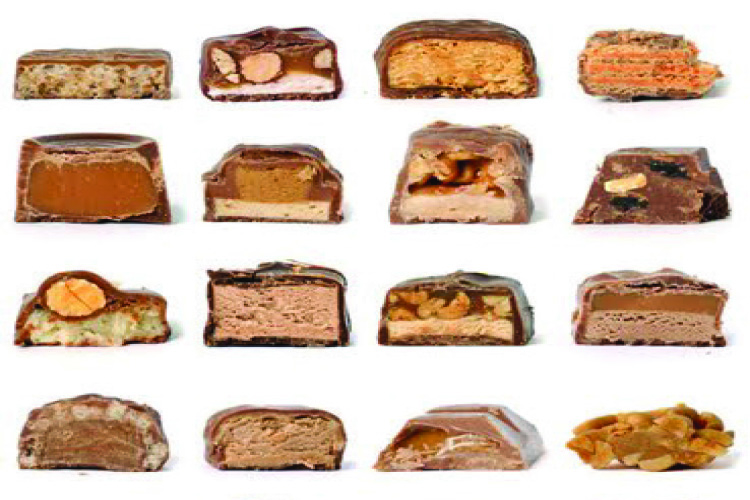The link between diet and acne has been going on for so long, leaving the public unsure if they should believe that their diet does cause acne breakouts or if they could binge on food and still look pretty. First of all, let’s see the reason why dermatologists do not believe that diet affects acne.
Was there research done to prove so? Yes, but it was two flawed studies. The University of Pennsylvania School of Medicine conducted a study to investigate the link between chocolate and acne. Ironically, the study was funded by the Chocolate Manufacturer’s Association. Not only that, two candy bars were used, not chocolate. Both had equal high amounts of sugar, calories and trans fats but one of them contained a small quantity of chocolate. The amount of chocolate contained was insignificant and the sugar contents posed more effect on the acne, so the conclusion that chocolate does not cause acne is quite flawed.
Another study took a sample size which is too small and didn’t consider the glycaemic effect of processed carbohydrates. With this, the study did not arrive at a strong conclusion. However, a study done by Australia’s RMIT University and Royal Melbourne Hospital Department of Dermatology revealed that those in high-protein low-glycaemic index group showed a 50% reduction in acne.
With a correlation found between diet and acne, the next step is to identify acne-causing food and those that help to minimize breakouts. So what should we eat to minimize the appearance of these annoying spots?
Table of Contents
1. Zinc-rich food
Not only does zinc support immune system function, normal physical development and wound healing, it also helps reduce symptoms of acne according to the University of Maryland Medical Centre. Oysters, chicken, beef, pork shoulder, crab, lobster and fortified breakfast cereals provide huge amount of zinc while cashews, almonds, garbanzo beans, Swiss cheese, yogurt and milk provides humble amounts of zinc.
2. Vitamin A-rich food (carotenoids)
While vitamin A is famous for its ability to improve vision, bone health and the function of body tissues, the University of Maryland Medical Centre states that vitamin A also possesses similar properties to the retinoid drugs, which are medication used to treat acne. You can reap a good amount of vitamin A in carrots, spinach, kale, cantaloupe, vegetable soup, mangoes and papaya while a modest amount of vitamin A can be found in peaches and red bell peppers.
3. Omega-3 fatty acids-rich food
A small number of researches have shown that omega-3 helps in preventing or reducing the occurrence of acne. Omega-3 has also been known as the essential fats that enhance cardiovascular health and reduce inflammation.. You can get valuable sources of omega-3 fats in fatty fish – salmon, tuna, mackerel, halibut, herring, flounder and lake trout – as well as ground flaxseed, flaxseed oil, walnuts and walnut oil.
4. Whole grains
Whole grains contain lots of vitamins, minerals and fibre. It is also low-glycaemic, meaning it has a mild impact on blood sugar levels, which encourages a healthy hormonal balance and subsequently less acne symptoms. Therefore, consume oats, spelt, millet, bulgur, whole wheat, brown rice, wild rice and popcorn regularly.
















